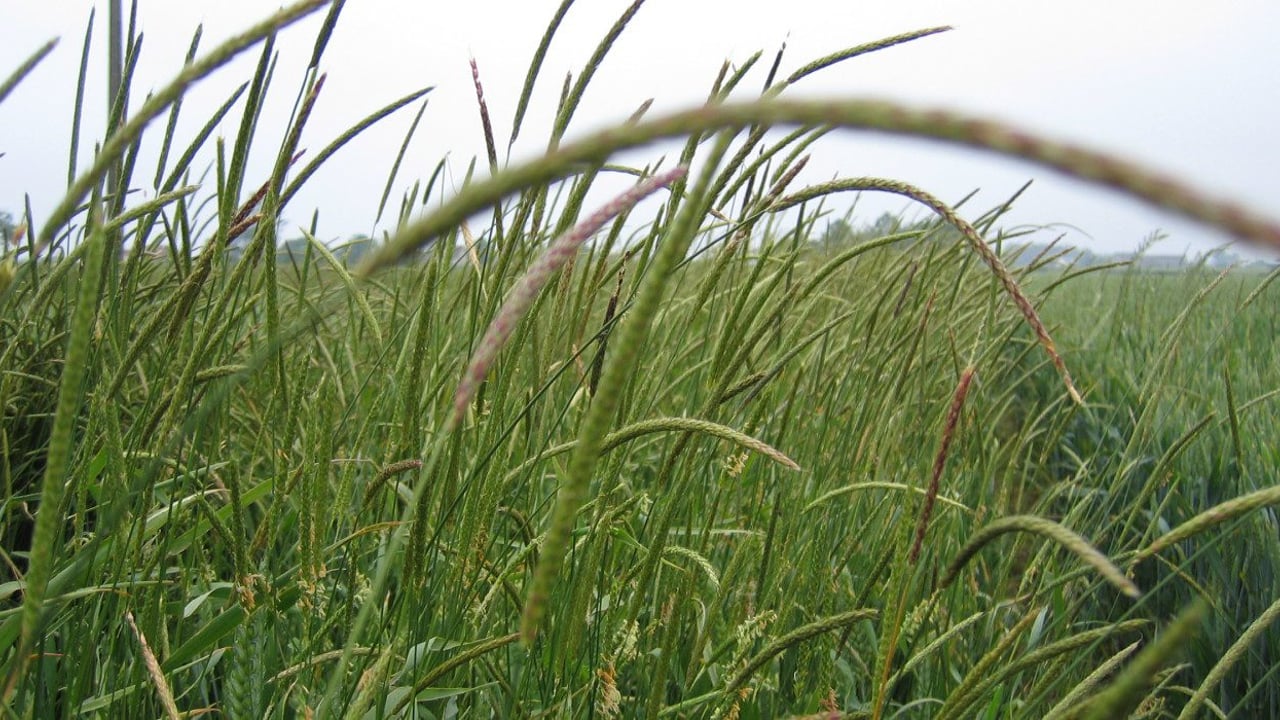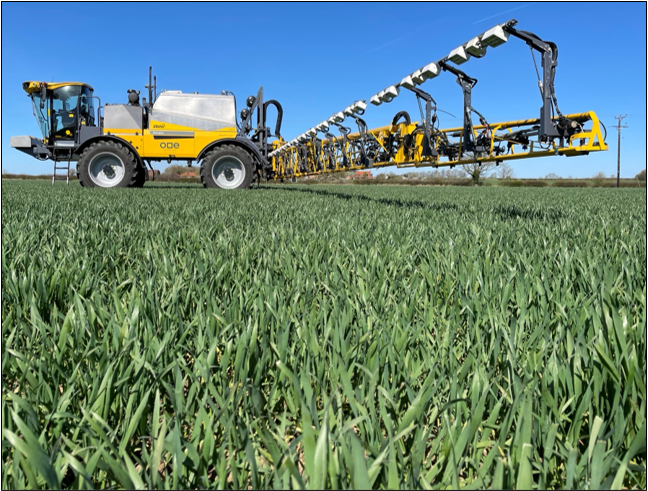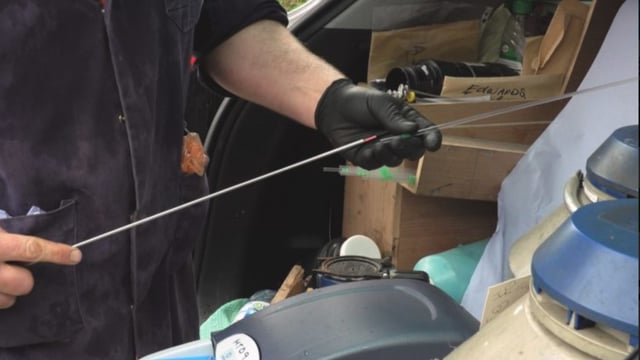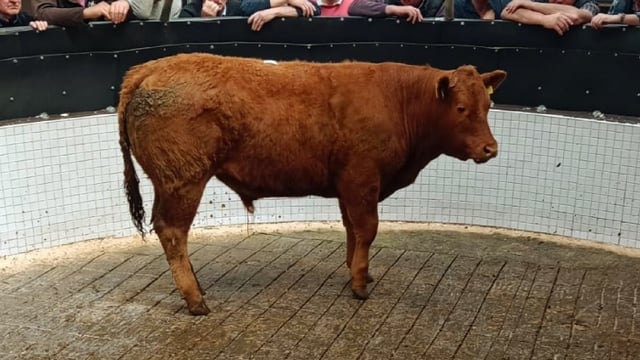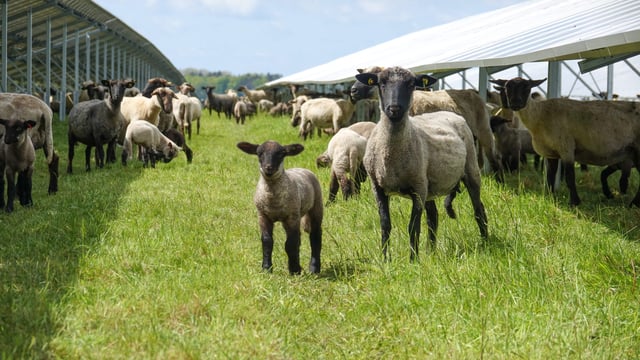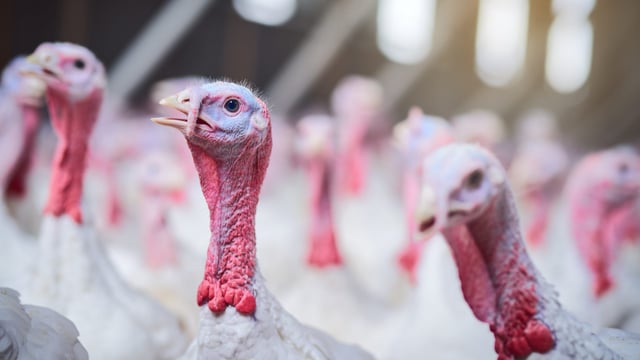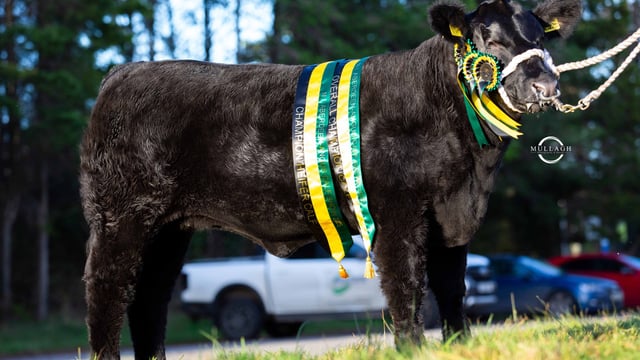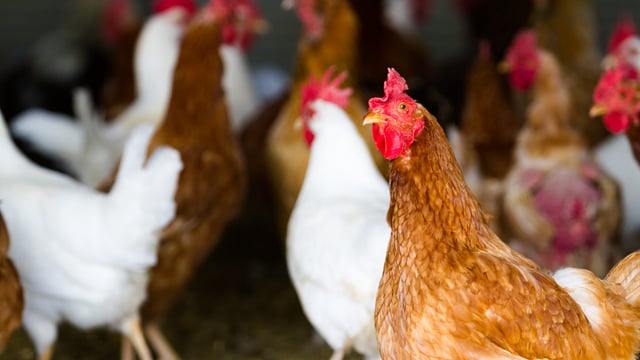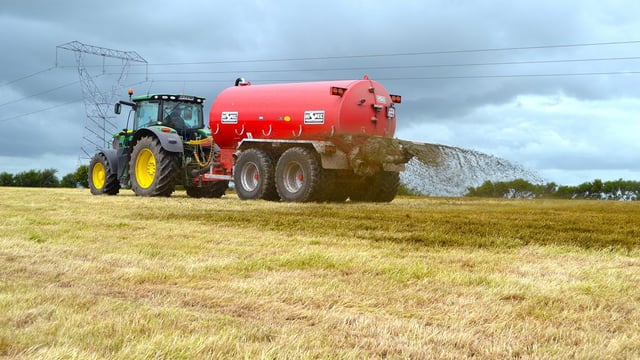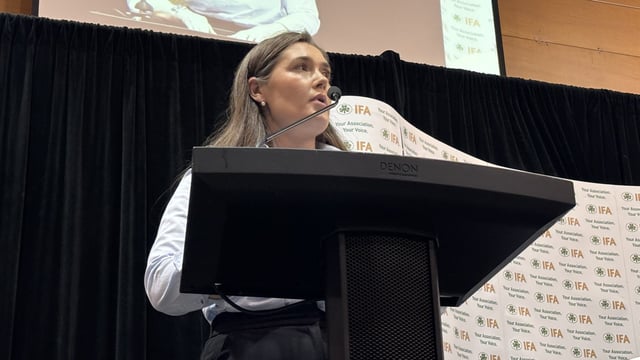Growing potential for use of AI in fight against blackgrass weed infections
There is a growing expectation that artificial intelligence (AI) will be used to help deal with the threat of blackgrass weed infections in cereal crops.
This follows a partnership between Rothamsted Research and industry associates, Bosch, Chafer Machinery, and Xarvio, to share their specialist knowledge to create an innovative new approach to blackgrass control.
In essence, their collaboration has led to cameras on a spray boom using AI to detect blackgrass at a range of growth stages of the weed.
The system then ensures the correct amount of herbicide is sprayed onto that area of the field.
The new approach should both cut costs by spraying smaller areas of a field and reduce the prevalence of blackgrass, which - if a heavy infestation - can reduce final yields of cereal crops by over 1t/ha.
Rothamsted Research helped to train the Bosch cameras to spot blackgrass by photographing both the crop and weed plants from a fixed height over a range of plant developmental stages.
An algorithm was then trained to apply this knowledge to images from cameras being driven over fields on farm.
The system does not request the sprayer to target a particular plant. Instead, it asks the sprayer to target an area where the cameras see blackgrass is growing, so the technique is in effect map-based rather than targeting individual plants.
Experiments with a Chafer Machinery sprayer using different numbers of cameras and boom heights resulted in a working set-up of 28 cameras set at a height of 1.1m.
Collaboration
Each partner contributed to the final application according to their own relevant expertise.
Xarvio undertook the agronomics, exploring which chemicals to use; Chafer adapted its machinery; and Bosch led the technological implementation.
Rothamsted's Dr David Comont, explained: “This project allowed us to bring the knowledge we have acquired over many years of studying the blackgrass problem, and combine it with state-of-the-art technology.”
The significance of the trial work has also been highlighted by Peter Frankland of Bosch.
He said:“Rothamsted gave us the understanding of types of cultivation that farmers use and some methods of solving the black-grass problem without using chemicals.
"Farmers are increasingly adopting no-till or low-till methods and so weed control becomes a more significant challenge.
“Unlike ploughing, which buries blackgrass seeds and prevents germination, these practices leave seeds closer to the surface.”

